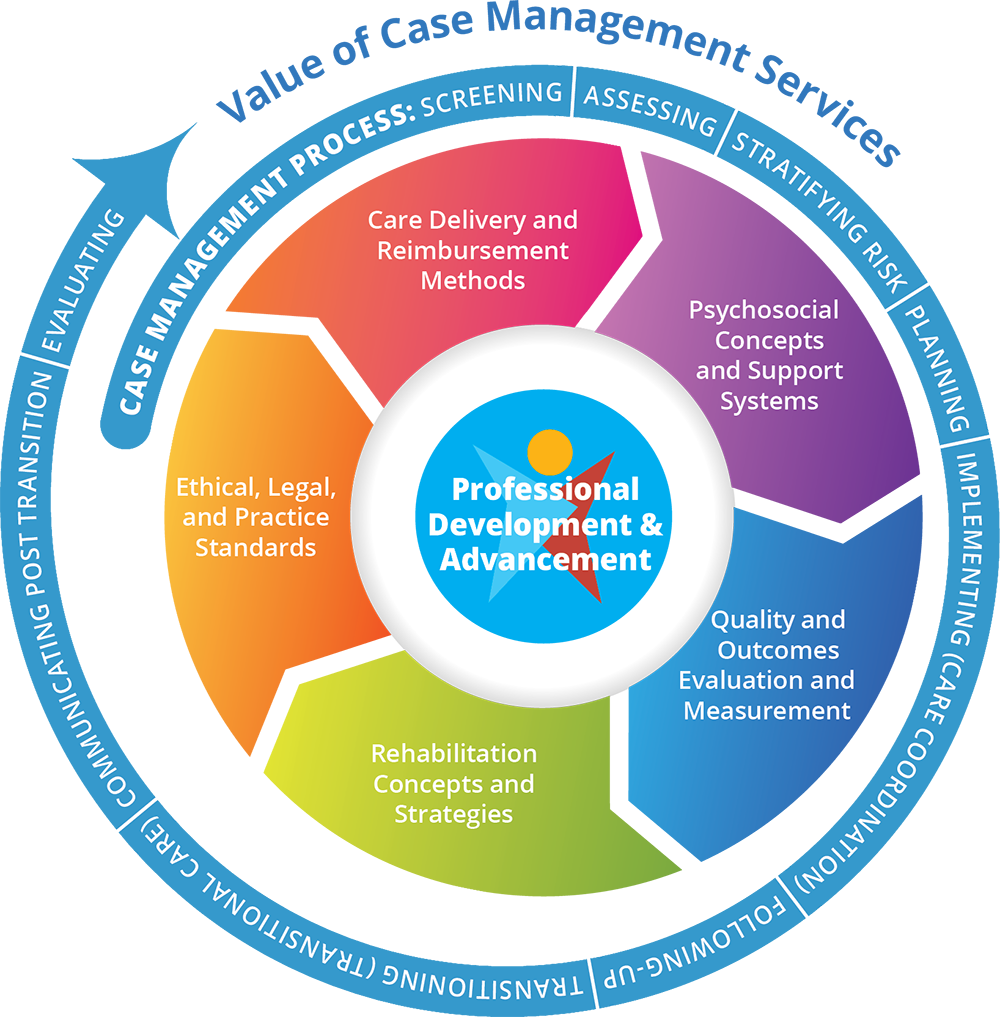Do you sometimes have trouble breathing, especially at night? Do you have a cough that won’t go away? Do you cough at night? Does your chest feel tight? If you have asthma, these symptoms will sound familiar.
Asthma is a long-term disease that causes inflammation in the airways (also called bronchial tubes).
Because of this inflammation, the muscles around the airways become more sensitive to triggers. This may decrease the space in the bronchial tubes, making it hard to breathe in and out. And the smaller the space becomes, the harder it is for you to breathe. You might also make more mucus, making it even harder to breathe.
Some of the cells involved in asthma inflammation are called neutrophils and eosinophils.
You can get asthma at any age, but it usually starts when you are a child. Over 25 million people have asthma in the United States, and about 7 million of them are children. Asthma due to allergies is the most common type of asthma. About 60% of people with asthma have allergic asthma. African-Americans and Hispanics are most at risk.
Asthma by the Numbers
Every year, asthma causes approximately:
- 1.6 million visits to the emergency department
- 450,000 hospitalizations
- 46.7 million absences from work, school, or other activities
Going Deeper
Asthma can be mild, severe, or somewhere in between. To make the best treatment plan for you, healthcare providers refer to types of asthma called phenotypes. These are based on your medical history and physical exam. Examples of phenotypes are exercise-induced asthma or obesity related asthma. Healthcare providers may also refer to endotypes, which describe the reason for your asthma, for instance, allergies or an aspirin sensitivity.
Asthma Triggers
Many things can trigger your asthma symptoms or make them worse if you are exposed to them.
Some of the common, everyday things that
can trigger an attack are:
- Dust, animal fur, cockroaches, mold, and pollen
- Cigarette smoke, air pollution, and chemicals, including those found in home decor products or sprays
- Aspirin, ibuprofen, and other medications
- Catching a cold or any other lung, ear, sinus, or throat infection
- Physical activity, including exercise
- Conditions such as pauses in breathing while you sleep (called sleep apnea)
- Some preservatives found in foods and drinks
Severe Asthma
Severe asthma is asthma that is difficult to control, even with medication. About 1 in 20 people with asthma have severe asthma.
Up to 50% of people with severe asthma have a high number of white blood cells called eosinophils in their lungs. Eosinophils are a normal part of the body’s immune system, but for some people with severe asthma, they can cause inflammation in the airways. Inflamed airways can cause severe asthma attacks and repeated inflammation and attacks can lead to
even more attacks and harm the lungs.
Signs that you may have eosinophilic asthma are:
- Using your rescue inhaler a lot to relieve and control your asthma symptoms
- Waking up at night because of your asthma symptoms
- Having to take oral steroids like prednisone for your asthma
- Having had asthma attacks that called for emergency care
A simple blood test can help your doctor determine whether your severe asthma is eosinophilic asthma.

